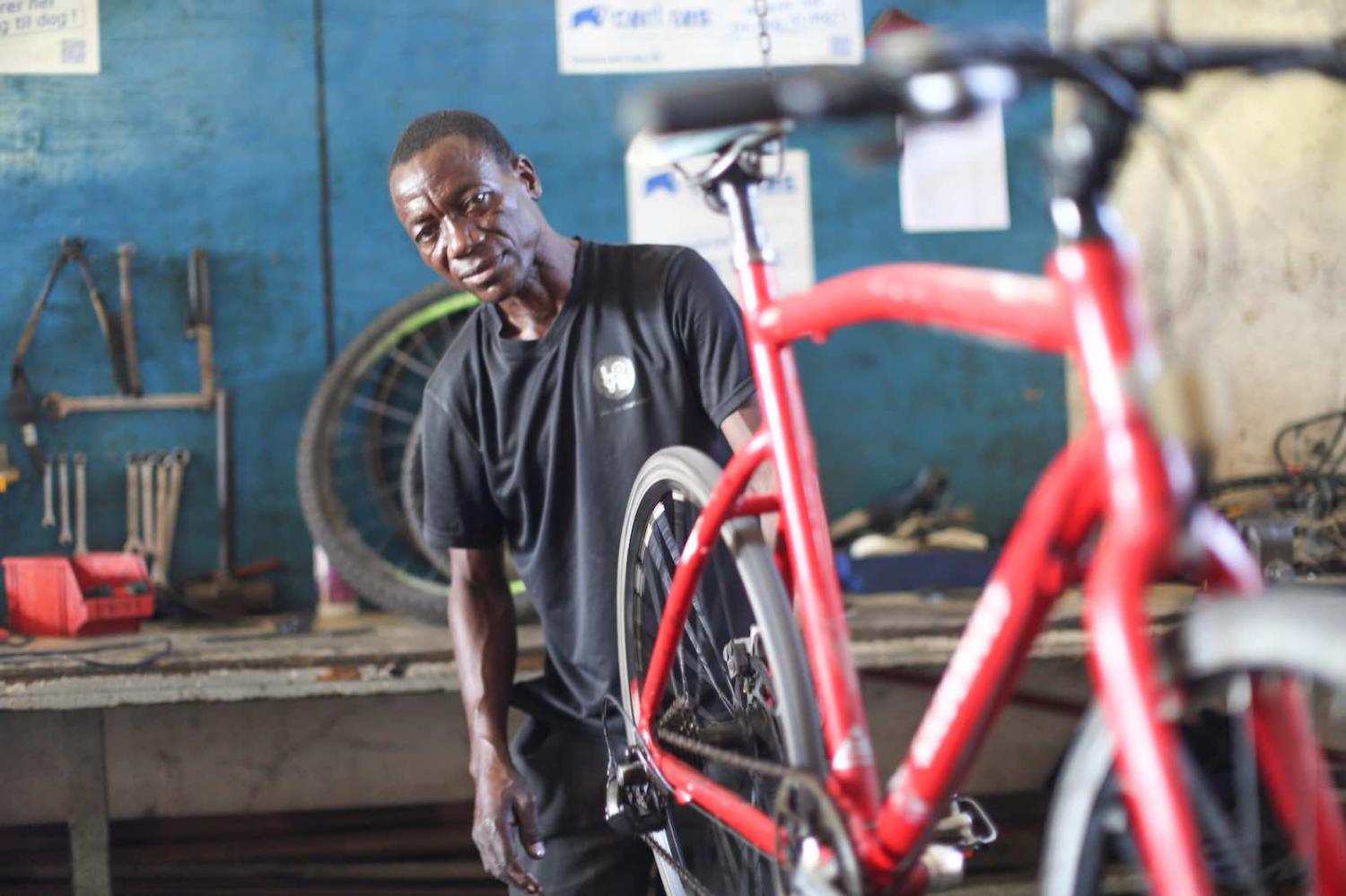- The power of positive thinking is one of the most underrated factors in development – the idea that success is achievable. Vincent Cable looks to escape the negative narratives on aid and to focus on the good it does – an important reminder nowadays, when the urge to slash aid budgets arises quickly.
- As new ideas land in the world of aid, it’s important to recognise that “doing development differently” means actually doing things in a different way. Terence Wood reminds us it is a hard process that involves more time and resources, and getting away from business as usual.
- The Daily Maverick has a brilliant piece on how the insurgency in northern Mozambique might be reshaping illegal trade and trafficking in the country.
- Rebecca De Simone found an unexpected and welcome side effect as Ecuador moved to crack down on tax evasion over the past decade. When the South American country stepped up monitoring efforts of its largest firms, banks became increasingly willing to make loans.
- Can the linguistic structure of our mother tongue train us to see the world in terms of masculine and feminine? Pamela Jakiela discusses new research that finds that in countries where a higher fraction of the population speaks a gendered native language, there is larger gender gap in labour force participation and educational attainment.
- Political participation is a malleable concept that can be hard to grapple with. In the Pacific, research on the topic has been lagging. In this changing political context, it is important to consider how we understand Pacific politics. In this piece, Julien Barbara and Kerryn Baker propose a new research approach that focuses on how Pacific peoples actively and purposefully engage in politics to shape their lives.
- Finally, the story of Judah Kutkue, who shares his path from the Angoram District in the East Sepik Province of Papua New Guinea to the University of PNG in Port Moresby. His story is the fifth in a six-part series of personal reflections written by ANU-UPNG Summer School scholarship students. (You can also read the first, second, third and fourth.)
Development links: Education journeys, Pacific politics, doing the new
Links and stories from the aid and development sector.

Can-do attitude: Employment training program in Mozambique, a year after cyclone Idai, February 2020 (EU Civil Protection and Humanitarian Aid/Flickr)
Published 20 May 2020
Follow @AlexandreDayant
You may also be interested in
By backing each other’s claims, a united Southeast Asian front would be difficult for Beijing to divide and conquer.
A dramatic increase in lending (up almost threefold from the year 2000) will increase pressure on the ADB to approve new loans and create a pipeline of bankable projects.